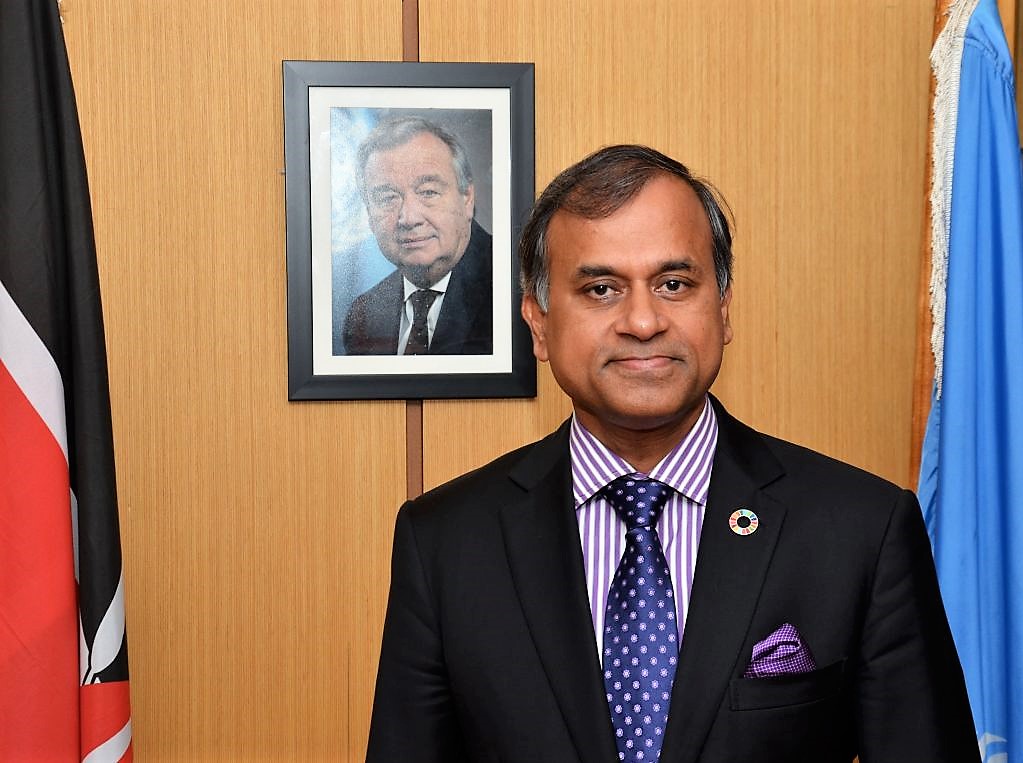Reuters: Religious Leaders Can End Harmful Cultural Practices & Advance Women’s Empowerment
When Pope Francis recently endorsed the use of individual conscience in deciding whether to use contraceptives in view of the spread of the Zika virus, it was not just a landmark moment but it underscored the need for faith leaders to get involved more closely in contemporary health challenges.
In Northern Nigeria, a former global epicenter of polio transmission, Islamic clerics, who were once opposed to immunization, turned into advocates for vaccination. As a result Nigeria, one of the three remaining countries where polio is still considered endemic, has for the first time been polio-free for 18 months, a development that brings us significantly closer to eradicating this terrible disease.
A profound realization has lately emerged among health professionals about how well-equipped health systems alone cannot solve today’s public health challenges. Stemming from various highly complex causes, these problems can never be solved by a single approach, but by an array of stakeholders working at a number of long-term solutions.
My opinion piece in Reuters with Dr Seth Berkley, the CEO of Gavi.





Comments
Post a Comment